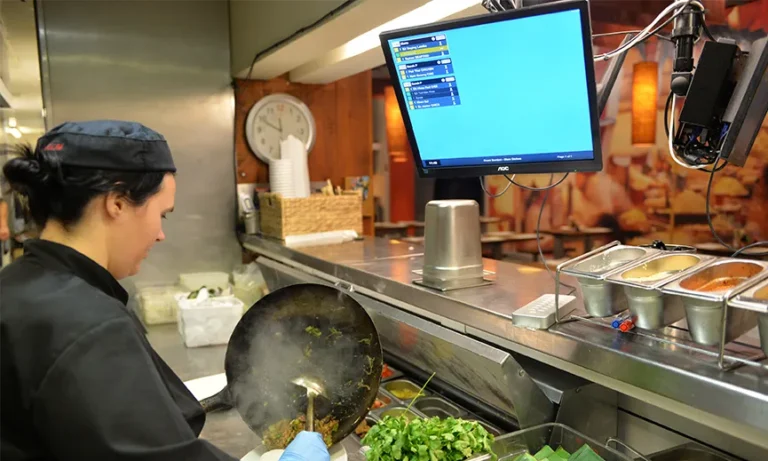Making sustainability count

If anyone wants proof that climate change is real, they need look no further than recent UK weather events. From one extreme to the other – sunshine and sandals to driving wind and snow!
We all have a responsibility to care for our planet, and the foodservice industry isn’t exempt. The total amount of waste, including food, packaging and other ‘non-food’ waste produced each year by hospitality and food service sector (HaFS) outlets is 2.87 million tonnes. Of this, 920,000 tonnes of food is wasted at outlets annually – 75% of which is avoidable – costing the sector £2.5 billion per year (source: WRAP).
Progress is being made by the sector, according to a new report by the Sustainable Restaurant, in terms of tackling sustainability issues, but the pace of change is nowhere near fast or widespread enough. The facts are that if the foodservice industry reduced food waste by one quarter, it could cut its carbon emissions by almost one million tonnes a year.
That may sound like a tall order, but an obvious way that everyone can contribute is by avoiding waste in the first place. By simply doing what you should be doing for the good of your margin – running a tight ship and getting your stock and order processes right – you will help the planet. It doesn’t require huge investment or change, it just requires a little extra focus and effort on many of the systems and processes you already have.
It may not be new, but the difference that can be made by making small incremental improvements in your stock & order process can be exciting. Sustainability benefits can be achieved in terms of reducing packaging, food waste and CO2 omissions, to name just a few. And when combined, these incremental savings stack up to not only make a significant contribution to the bottom line, but also to the corporate and social responsibility (CSR) objectives your customers increasingly expect of you.
A key fundamental to becoming a sustainable business, is having access to real time data on purchase volumes and stock levels, together with the ability to control the purchasing of every outlet. For example, if you can design a menu that considers the carbon footprint of its products, coupled with minimising the risk of waste through stock control, kitchen management and portion sizes, then you will be doing your bit for the planet.
If we look at animal agriculture, it contributes to about 14.5% of the world’s greenhouse gases, of which 65% comes from beef and dairy cattle, giving it a hefty carbon footprint. Cows also produce methane gas which is a harmful greenhouse gas. In many countries, deforestation to clear land for cattle is also contributing to climate change. By reducing the number of beef options on the menu and sourcing responsibly, you can help achieve the cumulative gains required to make a big difference.
There are also ‘throw-away’ ingredients such as tinned tomatoes and baked beans, that are low value and may be considered okay to waste. However, by being more careful you could significantly reduce packaging waste and do your bit for the planet, be that by avoiding landfill or incineration.
Taking control of your stock and order processes not only means you will be contributing to your environmental goals; but you’ll be adding to your bottom line through marginal gains. When consistently implemented, we have seen improvements on margins ranging from anything between 3 to 8%.
Being both environmentally and financially savvy is something we all need to grapple with, but it’s not rocket science. Knowing that the ‘boring stuff’ – comprehensive systems, underpinned by solid process, delivering accurate, timely information, that is constantly reviewed and regarded – is the foundation for success.
Operators owe it to themselves to get these fundamentals right, but there is a far greater environmental goal which they must also play a part in delivering. It’s a whole new way of thinking about the importance of getting often regarded difficult and dull processes in place – a way which should inspire and engage everyone – from the board room to the back office, the big budget party organiser to the Friday night regulars.
We need to open our eyes and have a detailed picture of all our operations in order to manage costs effectively from utilities to ingredients to people. Never has it been easier to paint this picture through integrated technology, so that data can be aggregated quickly to create real-time data analysis and comprehensive reporting in an easy to understand format.
In our brave new world, it’s about having the right level of detail to make sure sustainability counts.


